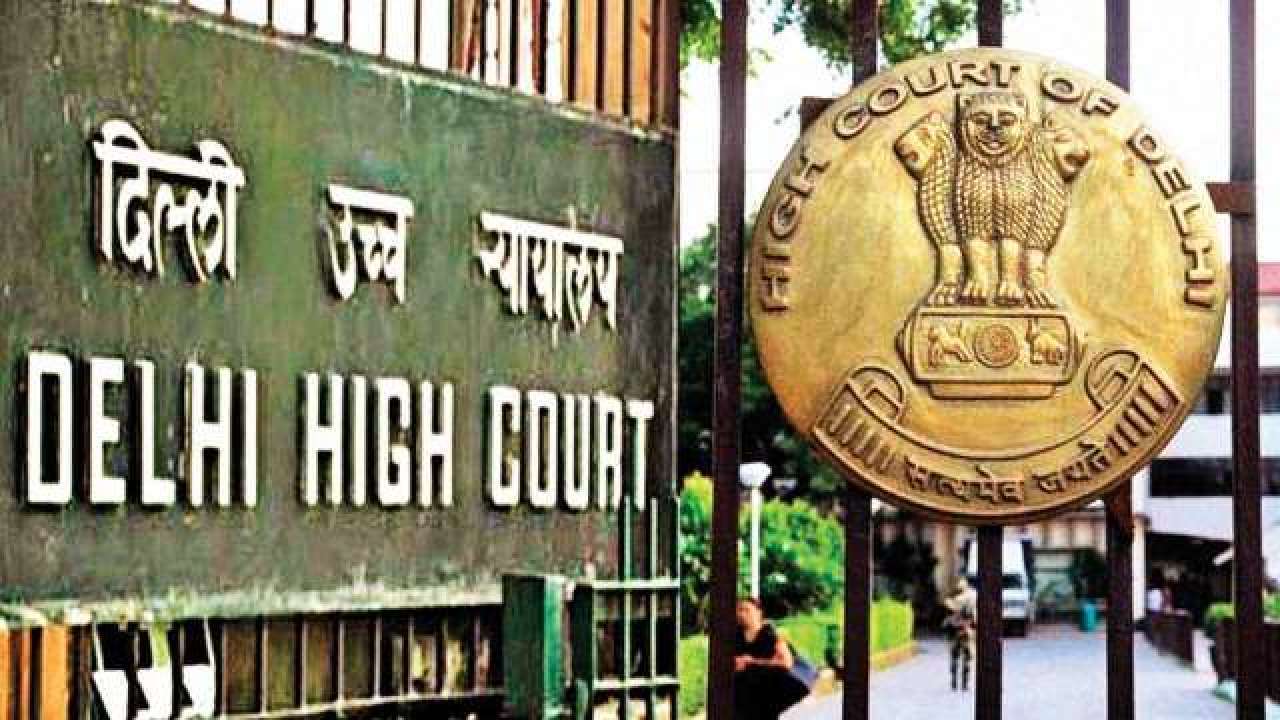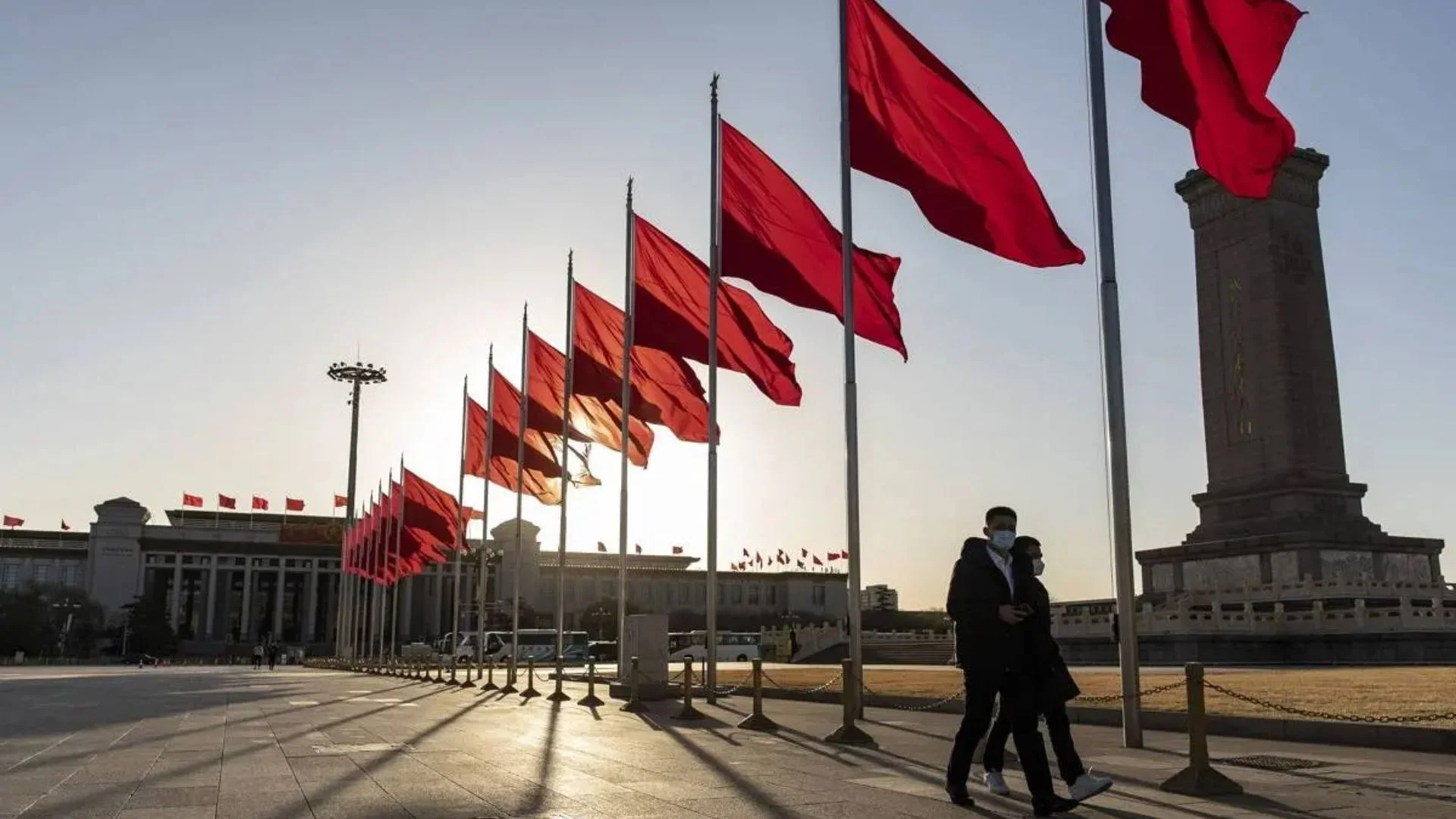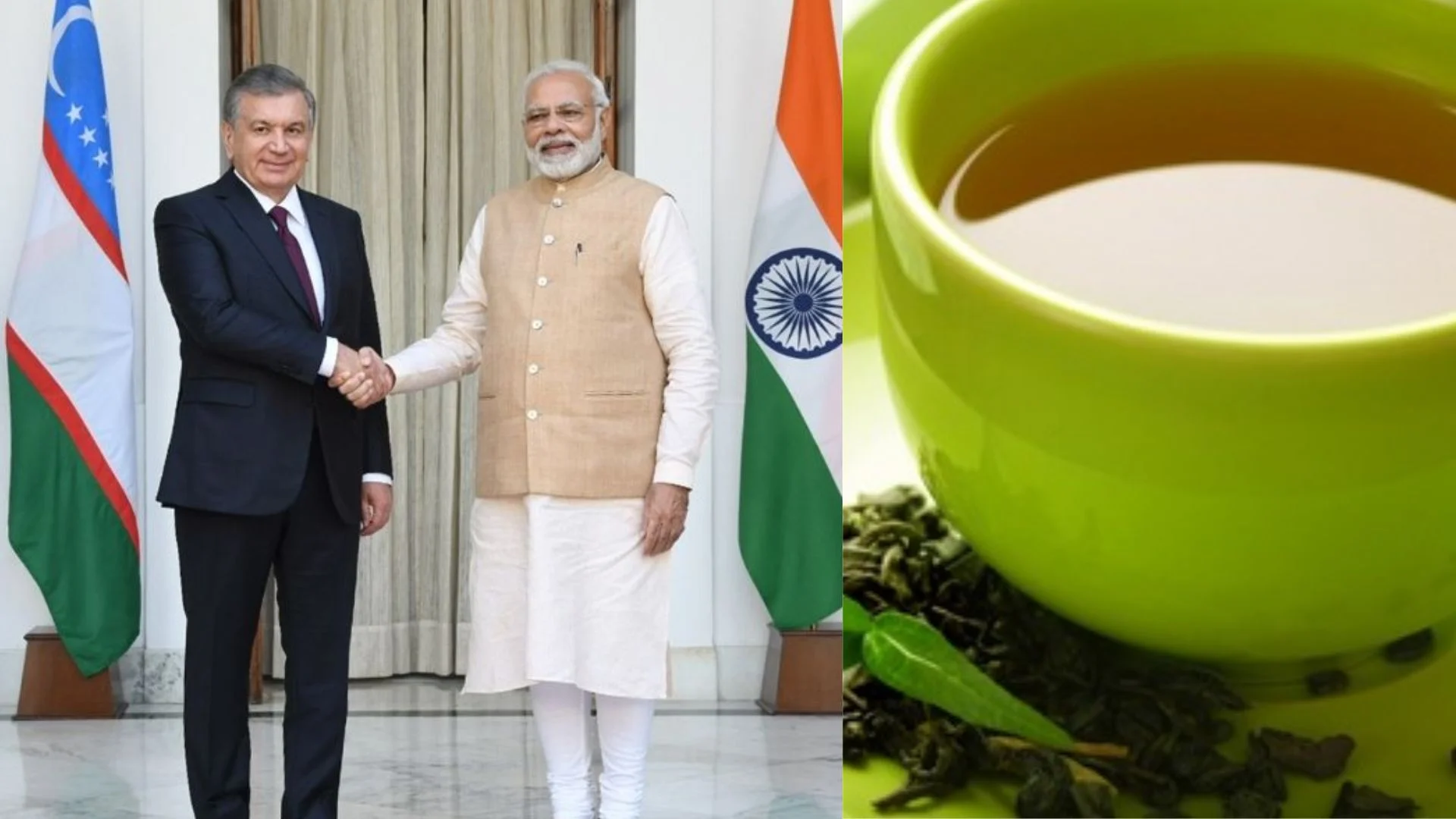The Delhi High Court in the case R.K. Gupta And Ors. v. Union Of India Through Ministry Of Corporate Affairs And Anr. observed and has stated that the Serious Fraud Investigation Office, SFIO is not barred from investigating offences under the Indian Penal Code, 1860, or conducting further investigation in accordance with law after the Investigation Report has been submitted before the court.
The bench headed by Justice Amit Sharma in the case observed that from a conjoint and harmonious reading of the relevant provisions of the CrPC and the present Act, as quoted and it cannot be stated that the SFIO is barred from investigating an offence under the Indian Penal Code, 1860. Thus, SFIO is not barred from conducting the further investigation in accordance with the law.
In the present case, the court was dealing with the petition moved by various individuals seeking quashing of SFIO’s Investigation Report titled ‘Investigation Report of Bhushan Power and Steel Limited and Others’ and all the consequent proceedings emanating therefrom. The court in the case observed that they also seek setting aside of a sanction issued by Union Ministry of Corporate Affairs last year granting sanction to SFIO for initiating the prosecution against them. Thus, they also challenged before the court that SFIO’s complaint as well as the summoning order of trial court’s.
The bench headed by Justice Sharma in the case observed and has stated that one of the petitioner, RK Gupta, being a key managerial personnel in terms of Section 2(51) of the Companies Act, 2013, would not need a separate approval for purposes of investigation in terms of Section 219(d) of the enactment.
The court in the case stated that since the complaint itself reflects that investigations were conducted with respect to the affairs of petitioner no. 2, the same would be covered as stated under the provisions of Section 219 of the Act.
Therefore, the court observed that the effect of not taking such prior approval would not ipso facto render the cognizance taken qua petitioner no. 2 by the learned Special Court as invalid.
It has also been observed by the said court that the investigation report within the scheme of the Companies Act will be treated as a police report, and thus, the officer filing the said report shall be considered an officer in charge of a police station, although the same is not specifically being provided for in the enactment.
The court stated that during the course of investigation under the present Act, the concerned Investigating Officer comes across commission of offences which is punishable under the Indian Penal Code, IPC or any other law which relates to the transactions being investigated, then the same cannot give rise to distinct proceedings. Thus, such investigation can be carried out under Section 4(1) of the Code of Criminal Procedure, CrPC. Adding to it, the court stated that a conjoint reading of the aforesaid provisions of the CrPC and the present Act, it cannot be said that the SFIO is barred from investigating an offence under the Indian Penal Code, 1860.
Accordingly, the court dismissed the plea.
The counsel, Advocates Mr. N. Hariharan, Senior Advocate with Ms. Ranjana Roy Gawai, Ms. Vashudha Sen, Mr. Vineet Wadhwa, Mr. Sharian Mukherji, Mr. Mueed Shah, Ms. Punya Rekha Angara and Mr. Prateek Bhalla appeared for the Petitioners.
The counsel, Advocates Mr. Amit Tiwari, Senior Panel Counsel Mr. Chetanya Puri, Government Pleader; Mr. Nitin Agnihotri, Prosecutor for the SFIO with Mr. Shriram Tiwary, Mr. Salman Razi, Mr. Upanshu, Mr. Nitin Agnihotri represented the respondents.

















